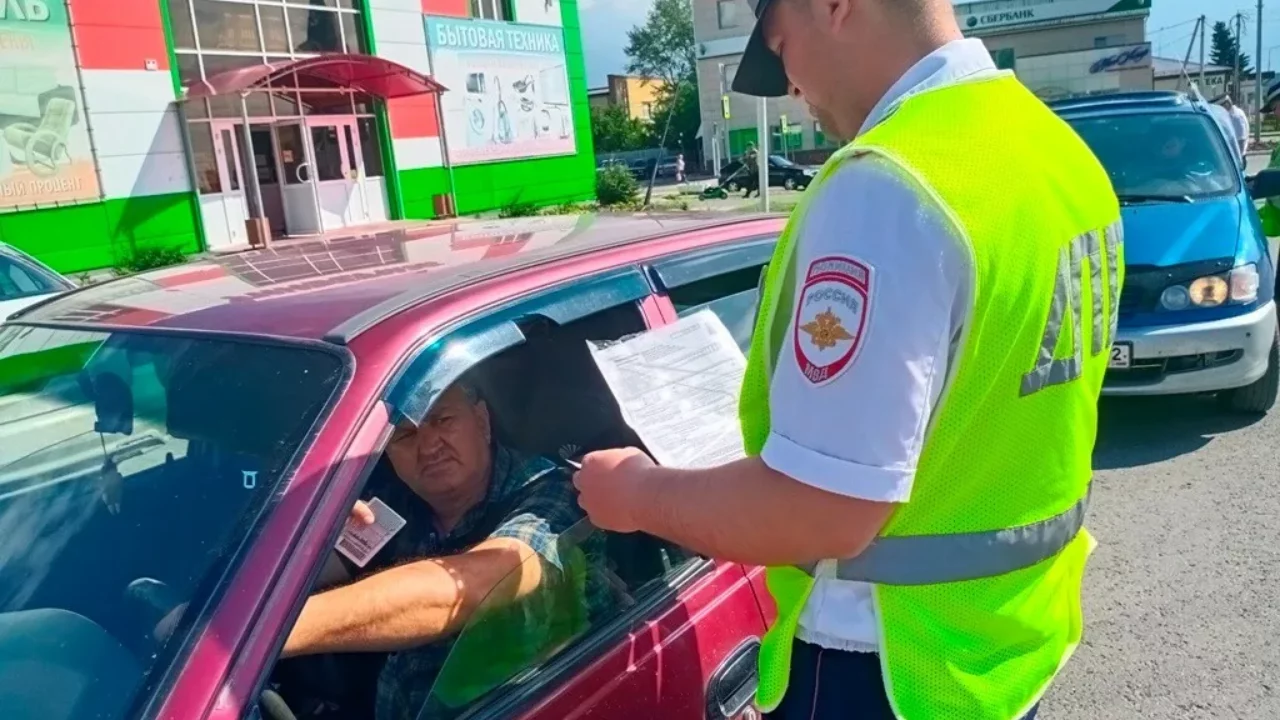Will driverless taxis replace migrants in Russia?

One of the most pressing issues facing the Russian government is the sharp increase in the share of migrants in the passenger transportation sector and the resulting safety problems. A relevant proposal in this regard is the widespread introduction of driverless taxi services.
Who made this proposal?
The initiative was submitted to Russian Prime Minister Mikhail Mishustin by the leader of the “New People” party, Alexey Nechaev, and deputy Anton Tkachev. According to them, the number of migrants working in the taxi sector has sharply increased, and in many cases, this occurs in violation of labor laws.
Why driverless taxis?
The deputies emphasized that many migrant drivers work without a patent or lack full documentation. In such cases, not only legality but also passenger safety is seriously threatened. Therefore, they propose to expand the use of autonomous taxi services on a national scale.
How will this be implemented?
— “We have introduced driverless taxis in Moscow, Tatarstan, and Sirius as a pilot program. The results were positive. Therefore, we ask to expand this experience in Moscow as soon as possible and then gradually implement it in other major cities of Russia,” — states the deputies’ appeal.
Where will the new restrictions take effect?
Starting from July 1, a new regulation will come into force in Saint Petersburg. Migrants working under a patent will no longer be allowed to work as taxi drivers, couriers, or in delivery services. According to the new rules, they will be prohibited from working in the following fields:
- rental of passenger cars for driving and taxi services;
- any type of courier services;
- transport-based delivery;
- food delivery services.
After this regulation comes into effect, migrants will be given a three-month period to comply with the new restrictions.
Question: Who will be affected by this decision?
Answer: This will directly affect thousands of labor migrants from Central Asia, including from Uzbekistan, Tajikistan, and Kyrgyzstan, who currently work in taxi and courier services.
Question: Are driverless taxis a real solution?
Answer: Technologically, Russia has made significant progress in this field. However, to implement autonomous taxis nationwide, major efforts are needed in infrastructure, legislation, and public trust. Thus, while it is a real solution, it is unlikely to be fully implemented in the short term.
Conclusion:
Russia is taking another serious step to reduce the number of migrants. This will undoubtedly affect not only the transportation system but also the entire labor market and social environment. Driverless taxis, as a technological innovation, may become a real competitor. Read “Zamin” on Telegram!
Ctrl
Enter
Found a mistake?
Select the phrase and press Ctrl+Enter 





















